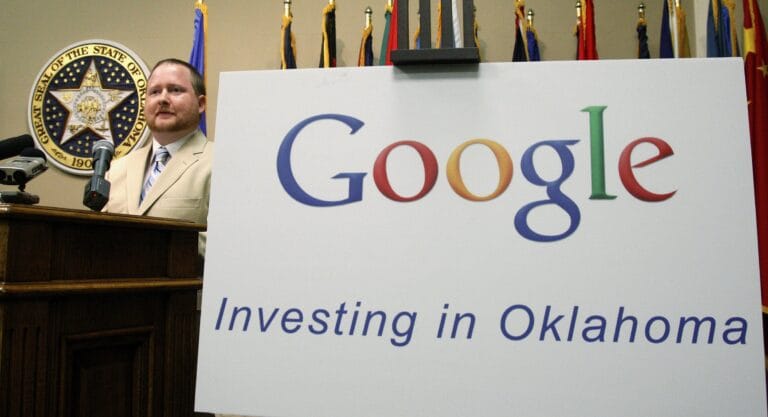
Using Technology to Drive Crime Rates Down
Throughout the United States, law enforcement is utilizing tech to help gather a large amount of data in an attempt to drive down crime rates. Awesome, right!? But is it working?
Let’s look at the Chicago Police Department as an example. In 2017, they created six high-tech police hubs all throughout the city, specifically in crime-dense areas. The department used its officers’ experience combined with high-end technology, things like gunshot detection platforms, surveillance cameras, predictive mapping and data analytics.
So, what were the results? Since 2017, when the hubs went live, crime in those neighborhoods has decreased. In fact, two of Chicago’s districts that have some of the highest crime rates saw such a decrease that it helped drive down the city’s overall crime rate.
Jonathan Lewin, chief of CPD’s Bureau of Technical Services explained, “Before this project started, I would have said there’s no way technology can have this kind of impact, but it does.”
Let’s back up a bit. In 1991 crime rates peaked at 5,856 crimes per 100,000 people, according to the Brennan Center for Justice. But by 2016, crime rates were cut almost in half to 2,857 per 100,000 people. So what happened? Tech spending went up. During the crime rate decline, city budgets for police departments have grown steadily. In 1977, state and local governments spent $58 billion on police and corrections, according to the Urban Institute. Today, the U.S. spends $100 billion on policing and another $80 billion on corrections.
While tech spending is up, what each individual city spends their budget on varies. For example, Oakland, California spends over 40 percent of its fund on general policing. New York City only spends around 8 percent of its budget on general policing.
No matter the percent of budget allocated towards general law enforcement, departments are investing in technology. Law enforcement is expected to spend nearly $11.6 billion on both software tools and systems worldwide. And that spending is only going to continue to grow. It is estimated to grow at an annual rate of 9.3 percent, and reach $18.1 billion by 2023.
While body cameras and gunshot detection technology are becoming much more commonplace in law enforcement agencies, there are new technology advances that are less mature, but will be sure to have a positive impact. As law enforcement’s data availability increases, there is an increasing need to turn that data into information. AI has opened this door for agencies, allowing for them to automate specific human tasks.
“AI is the next logical evolution in policing, we have all this data, a lot of sensors, and incoming information from other open sources, including crime tips from citizens. So, plugging all of this into some kind of engine to gain insights and make connections that wouldn’t be obvious to a human is the next logical step,” explained CPD’s Jonathan Lewin.
No matter if the policing technology is commonplace or new and innovative, the ultimate measure of its success will be in outcomes that impact crime while not impacting privacy.
Despite the long road that AI technology within law enforcement agencies has in front of it, advancements are making substantive impacts on the lives we’re living today, and crime rates are decreasing. Here at Extract, we continue to invest in AI to constantly improve accuracy for your data capture and redaction needs.



